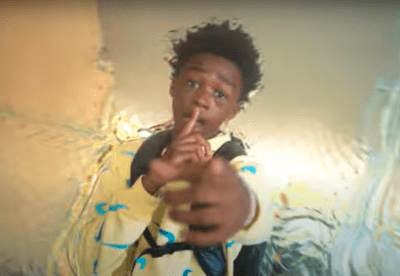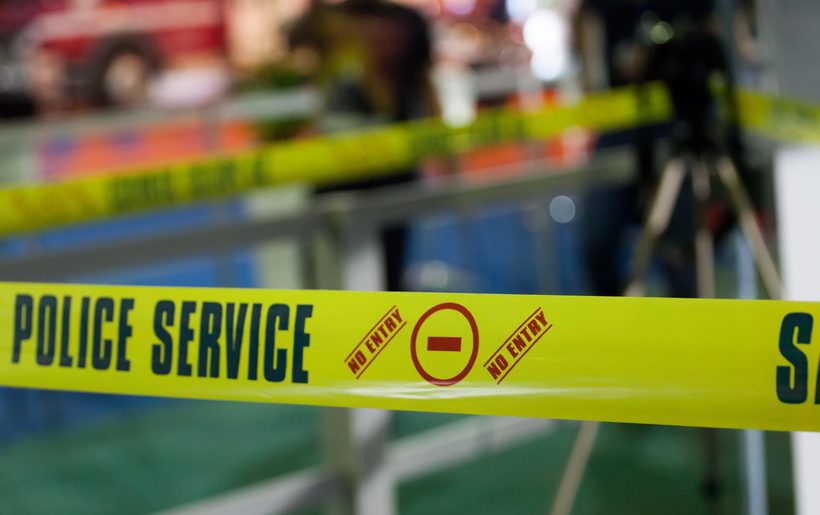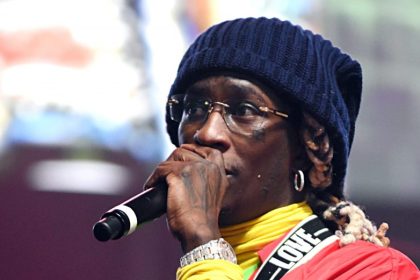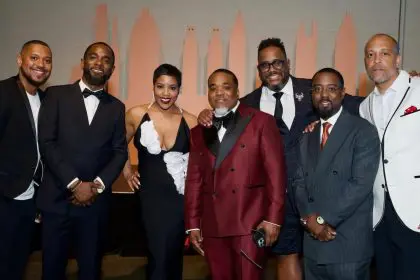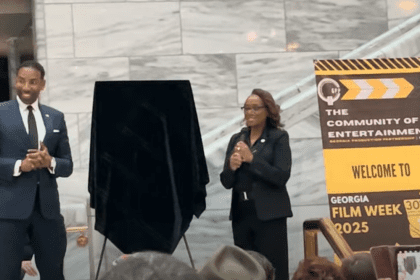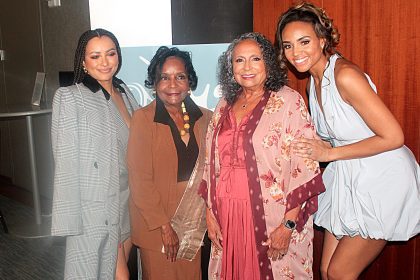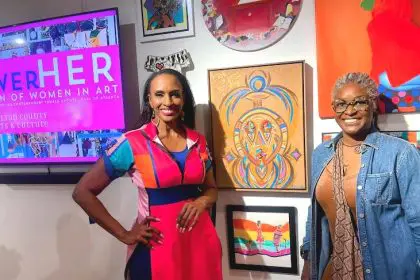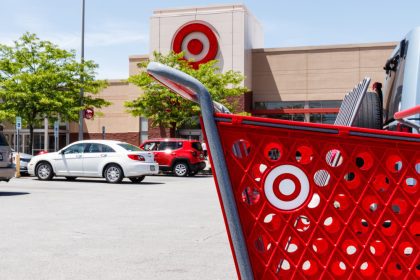
There are few men like businessman and entrepreneur John Hope Bryant whose work and vision is truly local, national and at the same time global. This week Atlanta will host the 2016 Hope Global Forum gathering over 2,500 delegates and distinguished speakers. The keynote speaker this year will be Chelsea Clinton, vice chair of the Clinton Foundation. In addition, the Honorable Jack Lew, U.S. Secretary of the Treasury, Robert E. Rubin, former U.S. Secretary of the Treasury and other notable financial and civic leaders will share their knowledge and influence.
The reason for this gathering is to build a road out of poverty and desperation with a viable plan for underdeveloped and underserved communities. Rolling out spoke with Bryant about the reality of economic victimization, financial illiteracy and how a predatory financial system creates negative economic energy.
The interest in the development of underserved communities and cities is on the rise and Atlanta seems to be once more in a position to gain great benefits. What factors have led to this opportunity?
Atlanta is in many ways like Los Angeles was 40 or 50 years ago. There has always been potential in this city for family, business and employment. The city is basically two hours away from every major business hub on the East Coast and has international flights to major cities.The unique thing about Atlanta [is] it is a no agenda city. The people here are truly friendly. There was a saying about Atlanta that rings true, it is a small town surrounded by big buildings. Race has not been such an issue because the color of progress is green. This is in no small part due to the work of its mayors. Ambassador Young turned Atlanta into an international city, Shirley Franklin worked on the infrastructure, and Kasim Reed is furthering the development of the city’s potential.
There are parts of the city that has suffered from blight for decades; Simpson Road, Bankhead, MLK past Northside Drive to name a few. Why in your opinion do the residents of these communities continue to suffer and what is a solution to their economic condition?
Atlanta is a tale of two cities. There is one of aspiration, growth and opportunities and another that looks like parts of a third world country. This creates questions and opportunities. For example why is the value of house $15,000 a few blocks away from a major stadium development, this is a travesty and an opportunity. A working class individual, such as a postal worker, can take $4,000 and buy a dilapidated house and rehab the property to live in, sell or rent; just bring it back to the community. It is a way to create a hedge fund against poverty. Atlanta has over six million people and there are people that need jobs and properties that need rehab work. These are low-skill and high-energy jobs that can be created. Everything from the actual property improvement to making sure there is security to protect the building materials for the project. The problem is that the focus in the Black community was on desegregation as opposed to integration as Dr. King stated. We have integrated the lunch counter but not the dollar. This is a failing in the understanding of economics within our community. Mainly living and working in a free enterprise system and a lack of understanding of the rules of free enterprise.Many Black neighborhoods are victims of “negative behavior economy.” These are communities that have 500 credit scores or lower and are targeted by financial services that prey on people with low credit scores.
From check-cashing establishments to Wal-Mart MoneyCenters, many Blacks have few viable banking options. Why is this and how can it change?
These are businesses such as payday loan companies that charge interest rates as high as 651 percent on small loans. This is modern-day financial slavery. Payday lenders started off honorably and had a legitimate purpose. These loans were for people with structured income versus non-structured income. Now there is a multibillion-dollar industry pimping the community. The new focus should be on “silver rights” as opposed to civil rights, let free enterprise work for the poor. There has never been a riot in a 700 credit score neighborhood.
Recently rapper Blac Youngsta was violently detained at Wells Fargo bank because he withdrew $200K in cash to buy a Mercedes-Benz. Someone told police he was suspected of cashing a fraudulent check. The young man had $1.3 million in his bank account. What financial lesson should we take away from this case of banking while Black?
That young man faces the distinct possibility of being broke in five years. I recently shared the story on my Facebook page and the comments focused on the social rights and justice aspects of the incident. But few saw the economic flaw in his thought process. He was intending to purchase a car with his $200K and wanted to pay cash. The problem is a car is a depreciating asset. If you purchase a car and drive it around the block the dealer will offer you 20 percent less because it is now used. You just don’t pay that kind of cash on car with only $1.3 million in the bank. In three months that car will not be worth $200K, it is better to finance or lease a car for that much money. If you look at this young man and others like him the statistics are not promising. It is a fact that 70 percent of NFL players and 80% of NBA players are broke 5 years after retirement. Successful musicians are not immune to this, look at MC Hammer and how quickly he lost $50 million. We must look also look at our music. By using b-word, and the n-word we are shooting ourselves in the foot for a moments worth of fame.
What three things do you hope that the 2016 Hope Global Forum will teach the Black community and the world?
1) Hope. It is a dangerous thing to have a person or a people with no hope.
2) I want the world to see rich and poor, White and Black sitting together to see people worthy of investment. We will have a collection of leaders gathered for what we are for and not against. A positive aspiration dream that moves us forward, as Dorothy Height said “Live dreams by waking up.”
3) I want to reset our depression. After 300 years of slavery and 100 years of Jim Crow I truly believe that 70 percent of Blacks are clinically depressed. Combined with financial illiteracy and injustice you have a loss of hope. At that point the racists win. Once you’ve been given hope then your own worst enemy are all the negatives we don’t turn around. There is no rainbow without the storm.
What should be the top goal for the Black community in 2016?
We must update the movement of our people and thought; it is about economic class, not color. A new generation of young leaders must be developed who can see this reality. Black America is brilliant and amazing but we need a business plan and anger is not a business plan. We will wind up with perfect justice and no jobs.




